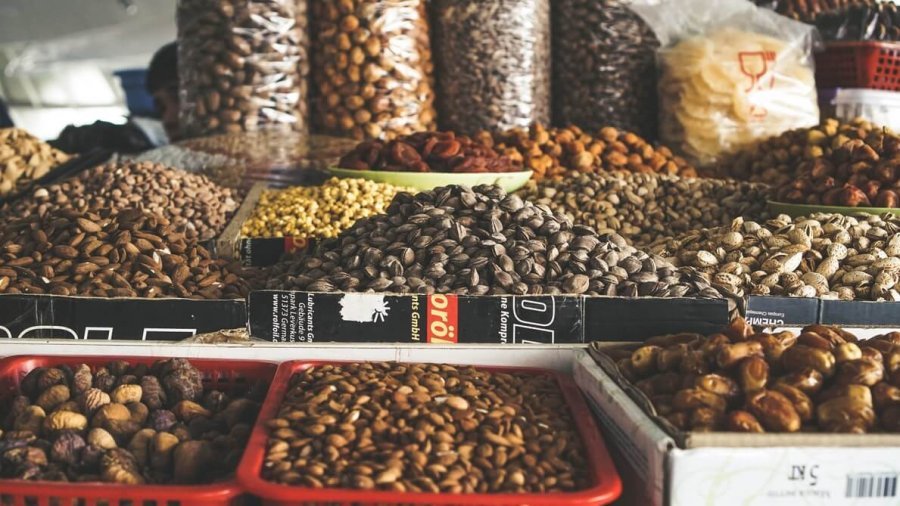Cambodia exported 11,200 tonnes of organic milled rice to international markets in 2020, a slight 1.2 per cent increase over 2019, according to the Cambodia Rice Federation (CRF).
While the milled-rice export sector by and large chalks up 2020’s lacklustre growth performance to the ongoing Covid-19 crisis, the CRF has only strengthened its resolve to ramp up sales of Cambodian milled-rice abroad.
According to the CRF, more than 90 per cent of the exports were shipped to the European market, while “a small amount” went to the US.
With the Kingdom’s total 2020 milled-rice exports weighing in at 690,829 tonnes, organic rice accounted for just 1.6 per cent.
Song Saran, president of the CRF and CEO of miller and exporter Amru Rice Cambodia Co Ltd, told The Post on January 11 that total milled-rice exports surged 11.4 per cent from 2019, far outshining the growth seen in the organic variant.
Ministry of Agriculture, Forestry and Fisheries data show that the Kingdom exported 387,000 tonnes of milled rice in 2014, 538,396 tonnes in 2015, 542,144 tonnes in 2016, 635,679 tonnes in 2017, 626,225 tonnes in 2018 and 620,106 tonnes in 2019. Each figure has fallen short of the government’s pledge to export one million tonnes of rice per annum, originally made in August 2010 for 2015.
Saran attributed the uninspiring growth in Cambodian organic milled-rice exports to tariffs levied by the EU, citing the market’s dependence on the bloc.
Cambodia’s rice sector officially lost its import duty exemption granted by the EU in January 2019 after the bloc’s decision to impose tariffs on imports from the Kingdom and Myanmar to protect European rice farmers’ interests.
Saran added that Covid-19 had brought organic rice demand in the EU to a virtual halt.
“While overall milled-rice exports to Europe did not increase due to tariffs, organic milled rice did enjoy a bumper year,” he said. “Without tariff barriers, we’d be even more competitive. Still, the growth we saw is acceptable given the context.
“We’ll strive to find more and larger organic milled-rice export markets, especially in the US, where demand is high and [import] volume remains small. We’ll boost Cambodia’s organic milled-rice exports to around 15,000 tonnes in 2021,” he said.
According to Saran, Amru Rice accounted for 9,000 tonnes, or 80 per cent, of 2020 organic milled-rice exports, which represents a 10-20 per cent gain over 2019.
With its production based on “natural principles” with a “clear control system”, he said organic rice is widely known for its myriad health benefits.
Chan Sokheang, chairman and CEO of Signatures of Asia Co Ltd, another local rice miller and exporter, said Covid-19 had diminished global demand for organic rice.
He said his company exported more than 2,000 tonnes of organic milled rice last year, declining about 20 per cent from the year before, and 22,000 tonnes of regular varieties, up around 30 per cent over 2019.
“Declining incomes during the Covid-19 epidemic have led people to opt for the types of rice they need, with less focus on [the healthier] organic rice, which costs almost twice as much,” he said.
According to Sokheang, organic white milled rice was valued at around $950 per tonne on the international market last year – similar to 2019, while fragrant varieties fetched around $1,200-1,300 per tonne.
“As the global economy remains mired in uncertainties, it’d be ill-conceived to presume what the volume of organic milled-rice exports will look like in 2021, given how concretely interwoven [its performance] is with economic growth acceleration.
“If people’s incomes increase, the purchase volume of organic milled rice will swell up in consonance,” he said.














